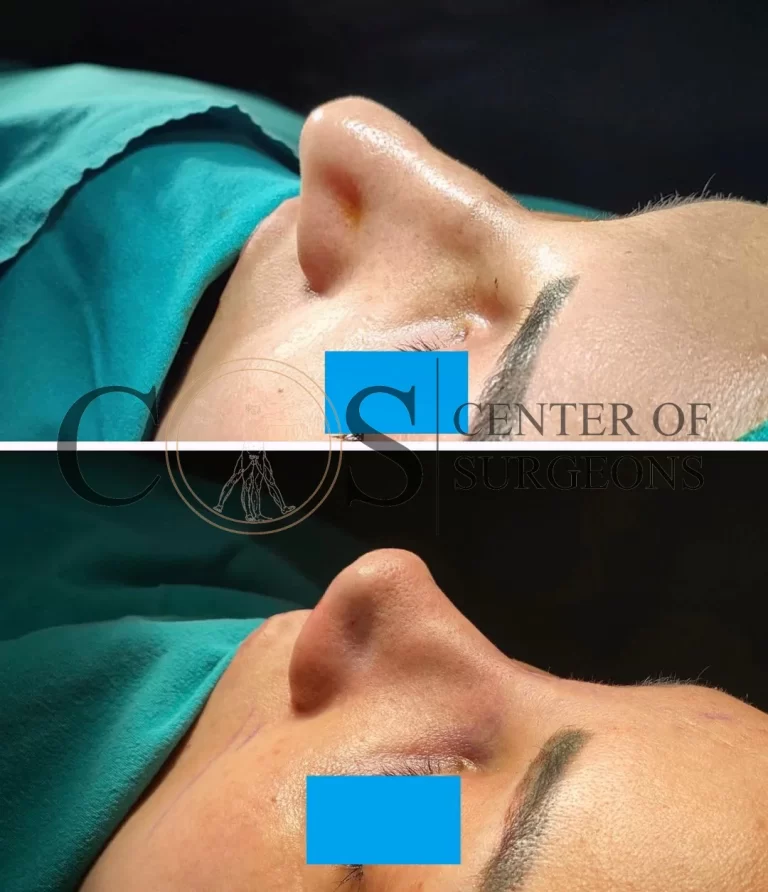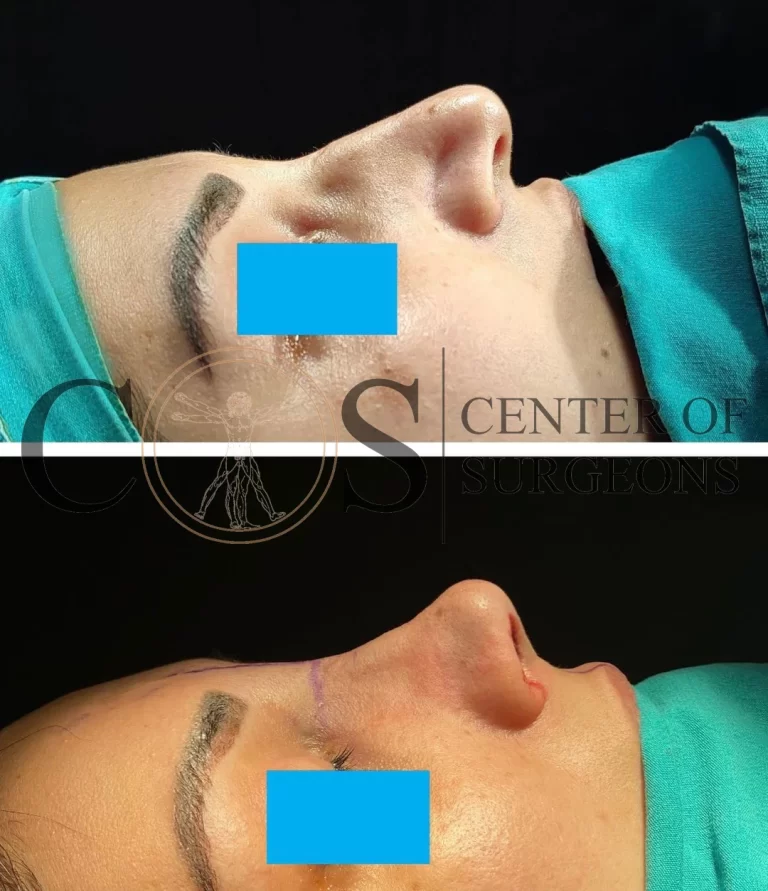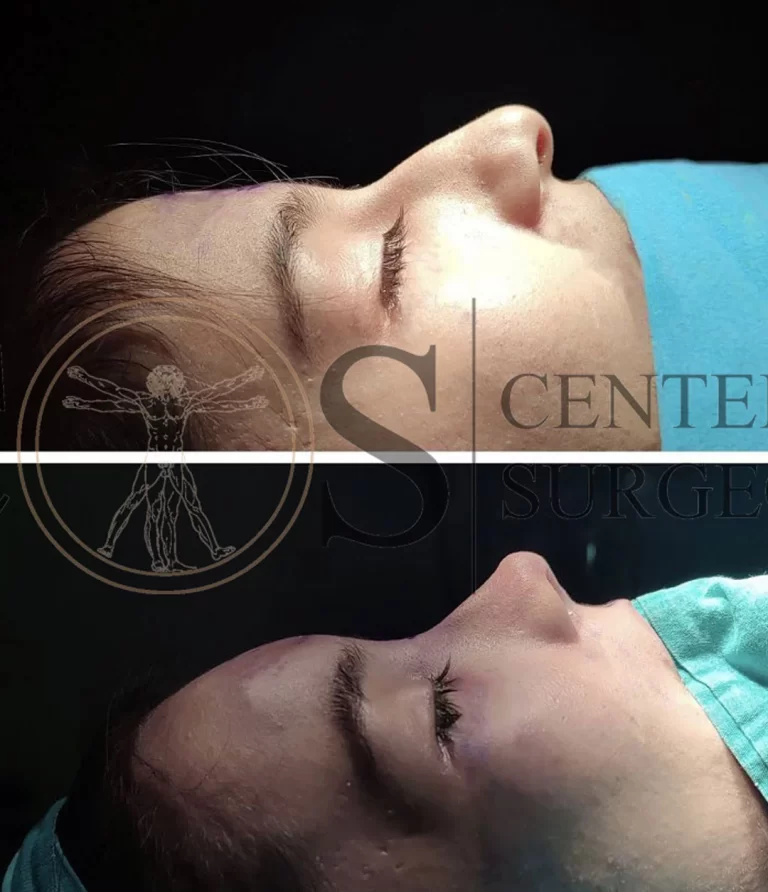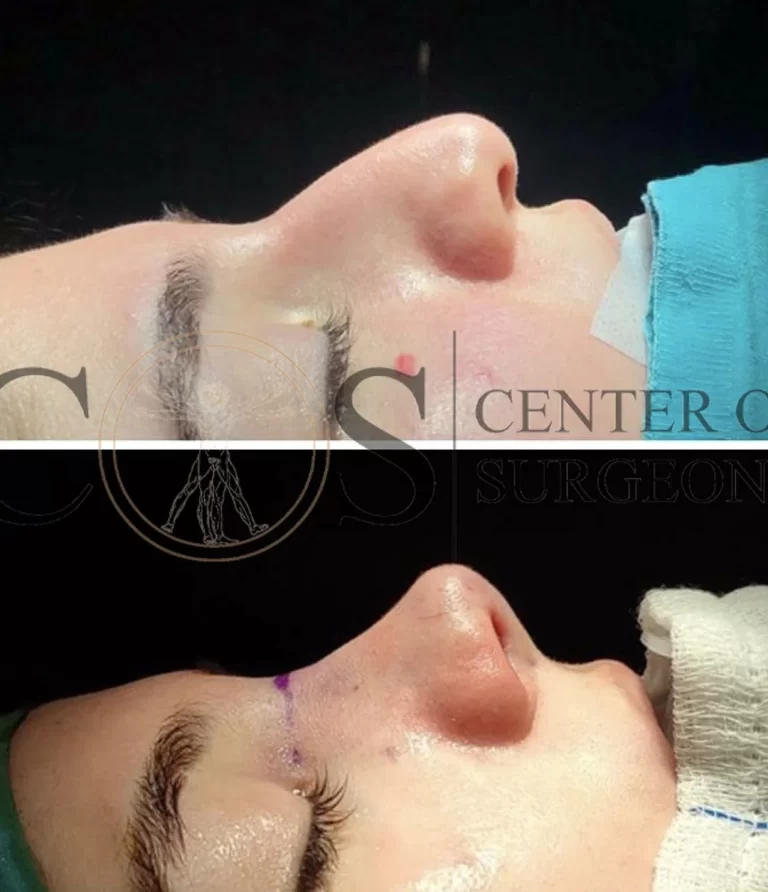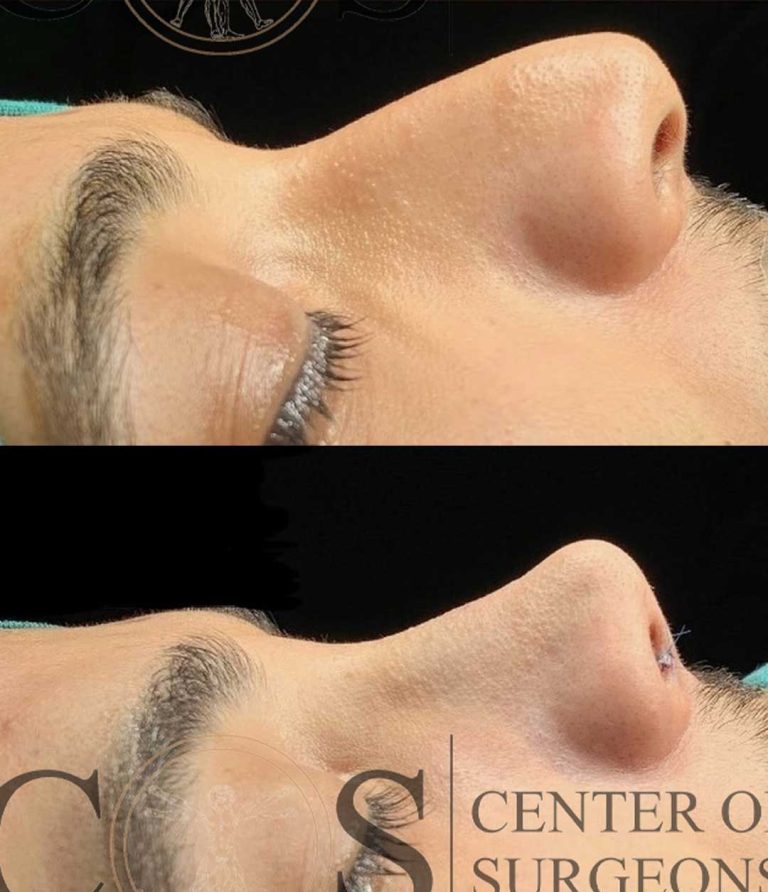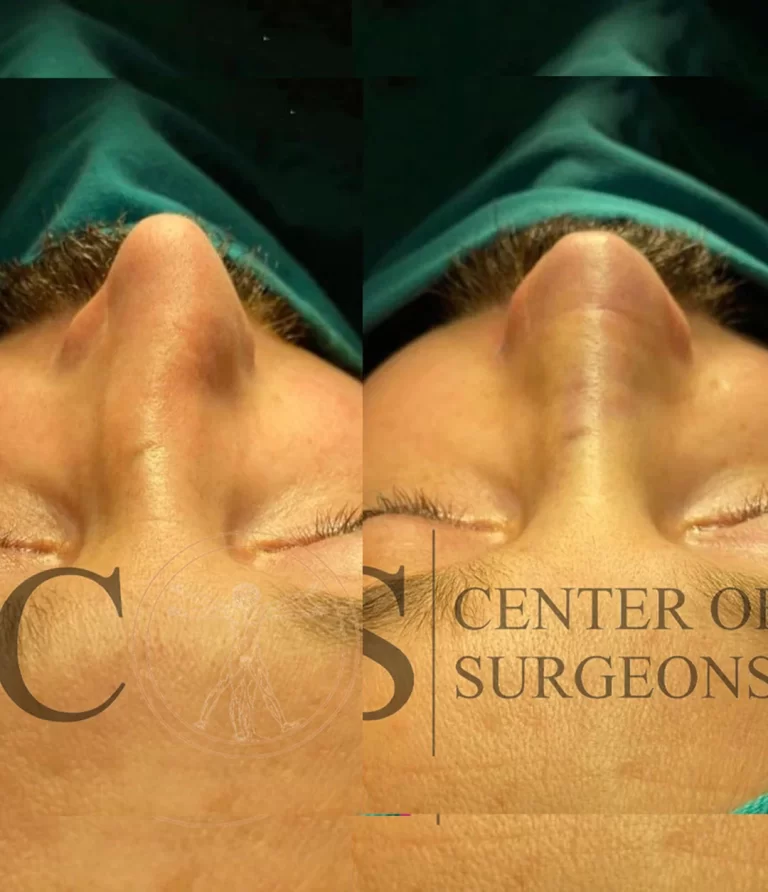Dental Implantology
Reliable and Lasting Dental Implants
Restore your smile with reliable dental implants. Our specialists offer aesthetic and functional solutions to bring back your lost teeth confidently.
Book your free consultation now for a fresh, new look!
"Discover our solutions with a free consultation—contact us today!"
A dental Implant is a method of treating the mouth and jaw used for people who have lost one or more teeth. In this treatment, artificial teeth fixed with titanium screws are added to replace the teeth that are shed due to tooth decay, bone loss caused by age progression, and tooth wear. The average recovery period after implant dec was determined as 3 to 4 months for the upper dec and 2 to 3 months for the lower jaw.
For What Purpose is Dental Implantology Performed?
Dental Implantology, which is considered a restorative treatment, is performed to replace empty teeth with replacement teeth. Artificial tooth insertion is a treatment option that can be increased and decreased according to the number of tooth loss and is often used.
Who Is Dental Implantology Treatment Suitable For?
- Implant therapy is suitable for the following patients:
- For people with a lack of one or more teeth,
- For people whose jaw and mouth structure is suitable for implant treatment,
- In cases where all teeth are lost,
- In cases where there is not much bone loss after extraction of decaying or worn teeth.
How to Apply a Dental Implant
The steps applied in the Implant placement process, which are usually completed in a single session:
- The number of artificial teeth required for implant treatment is determined,
- The bone quality of the implant application area is evaluated,
- In order to reduce pain and sensitivity, the dental places where the implant will be applied in the mouth area are numbed,
- Rotten or worn teeth are pulled out,
- Dental cavities are cleaned and made ready for treatment,
- The implant screw is inserted into the palate, acting as the root of the tooth,
- It is fixed by adding artificial teeth,
- The patient does not take eating/drinking action for 8 hours after treatment.
The Benefits of Dental Implantology
- The following benefits are observed in patients undergoing dental Implantology treatment:
- The patient’s chewing ability is strengthened,
- A more even and clean look is achieved jul,
- The probability of decay and damage to the teeth next to the implant teeth is reduced,
- It is extremely practical and simple to clean,
- It is a permanent solution,
- The melting and bruising that occur in the jawbone are greatly reduced.
People Who Are Not Suitable For Implant Treatment
During the implant operation people with metabolic disorders / irregularities, people with acute diseases, and people with soft tissue / advanced bone resorption problems can first start treatment by eliminating these disorders.
What are dental implants?
Dental implants are artificial tooth roots made of biocompatible titanium, surgically placed into the jawbone to support a crown, bridge, or denture, mimicking the function of a natural tooth.
Who is a good candidate for dental implants?
You may be a good candidate if you:
- Have one or more missing teeth
- Have a healthy jawbone to support the implant
- Want a permanent, natural-looking tooth replacement
- Are in good overall health and have healthy gums
What are the different types of dental implants?
- Single Tooth Implant – Replaces one missing tooth with an implant and a custom-made crown.
- Multiple Teeth Implants – Used to support a bridge when several teeth are missing.
- Full Arch Implants (All-on-4 or All-on-6) – A full set of teeth supported by 4 or 6 implants.
- Zygomatic Implants – Ideal for patients with significant bone loss, anchored in the cheekbone.
How long does it take to recover from dental implant surgery?
- Most patients resume light activities within 24-48 hours.
- The healing process (osseointegration) takes 3-6 months, during which the implant fuses with the jawbone.
- The final restoration (crown, bridge, or denture) is placed after healing is complete.
Are dental implants permanent?
Yes! With proper care, dental implants can last a lifetime. The implant itself is permanent, while the crown or bridge may need replacement after 10-15 years due to normal wear.
Do dental implants look and feel natural?
Yes! Dental implants function, feel, and look just like natural teeth, allowing you to eat, speak, and smile confidently.
Is dental implant surgery painful?
No! The procedure is performed under local anesthesia or sedation, making it virtually painless. Some mild discomfort and swelling may occur for a few days after surgery.
How much do dental implants cost?
The cost varies based on the number of implants, material quality, and clinic expertise, typically ranging from:
- Single implant: $1,500 – $3,500
- All-on-4 implants: $15,000 – $30,000 per arch
